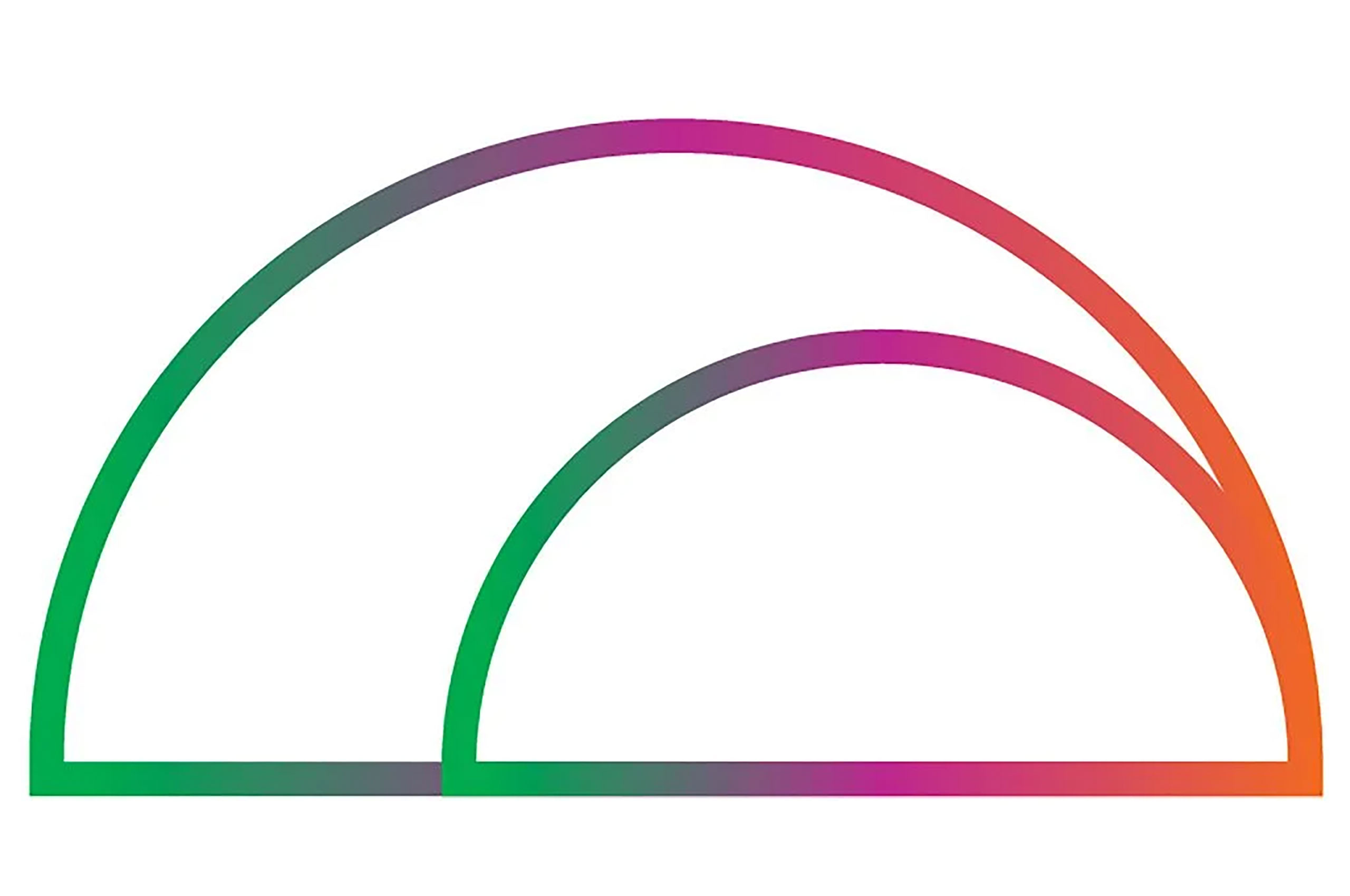
Australian Research Centre in Sex, Health and Society (ARCSHS)
We create and translate knowledge that enables inclusion, equity, health and wellbeing, particularly as they relate to sex, gender and sexuality.
Learn more about our work

Rainbow Health Australia (RHA)
A program that promotes the health and wellbeing of lesbian, gay, bisexual, trans and gender diverse, intersex, and queer (LGBTIQ) communities through research, knowledge translation, training, resources, policy advice, and service accreditation via the Rainbow Tick.
News
-

Major funding for outer suburban LGBTQ wellbeing
A $477,590 ARC grant to support evidence-based strategies and training programs for councils to strengthen LGBTQ inclusion has been awarded to Dr Ruby Grant at La Trobe's ARCSHS
-

La Trobe academics secure $7m in ARC funding
Twelve La Trobe researchers have secured ARC Discovery Project grants.
-

QSOX & Futures of Substance: Queer substance use in focus
QSOX & Futures of substance: Broadsheets from two projects exploring LGBTQ+ experiences of alcohol and other drug use
Events
-

Challenging heteronormativity in family, domestic and sexual violence policy
Thursday 19 March 03:00pm
A half-day forum bringing together leading researchers, practitioners and policy experts in queer family, domestic and sexual violence.
Contact us
Postal address
ARCSHS
Building NR6
La Trobe University
Bundoora, Victoria 3086, Australia
Stay in touch
- T: (+61 3) 94798700
- E: ARCSHS team
- Sign up to our newsletters
